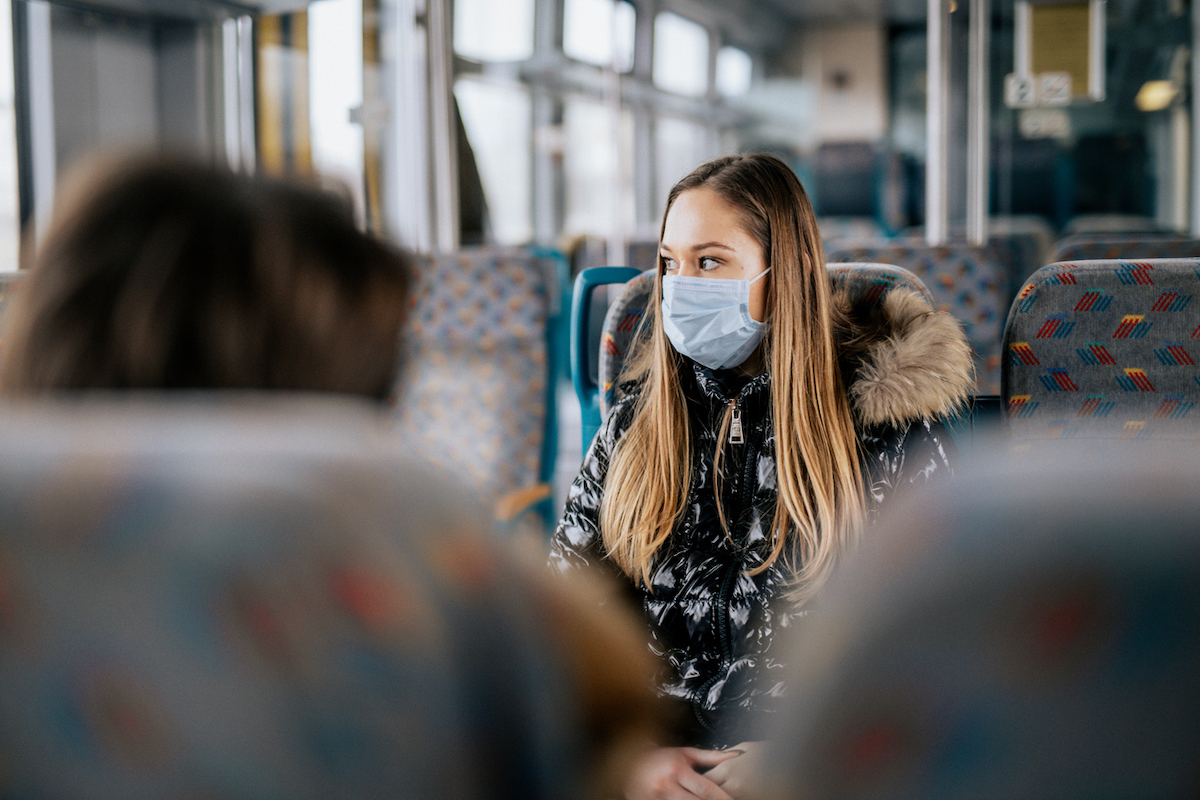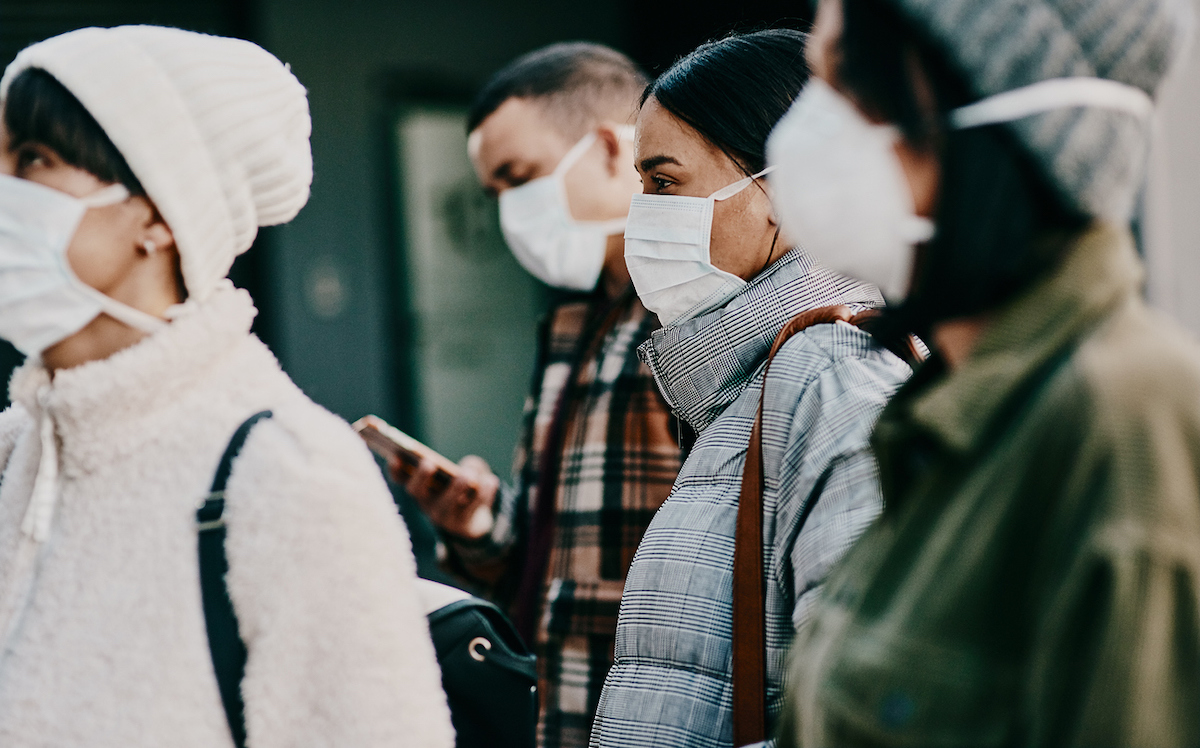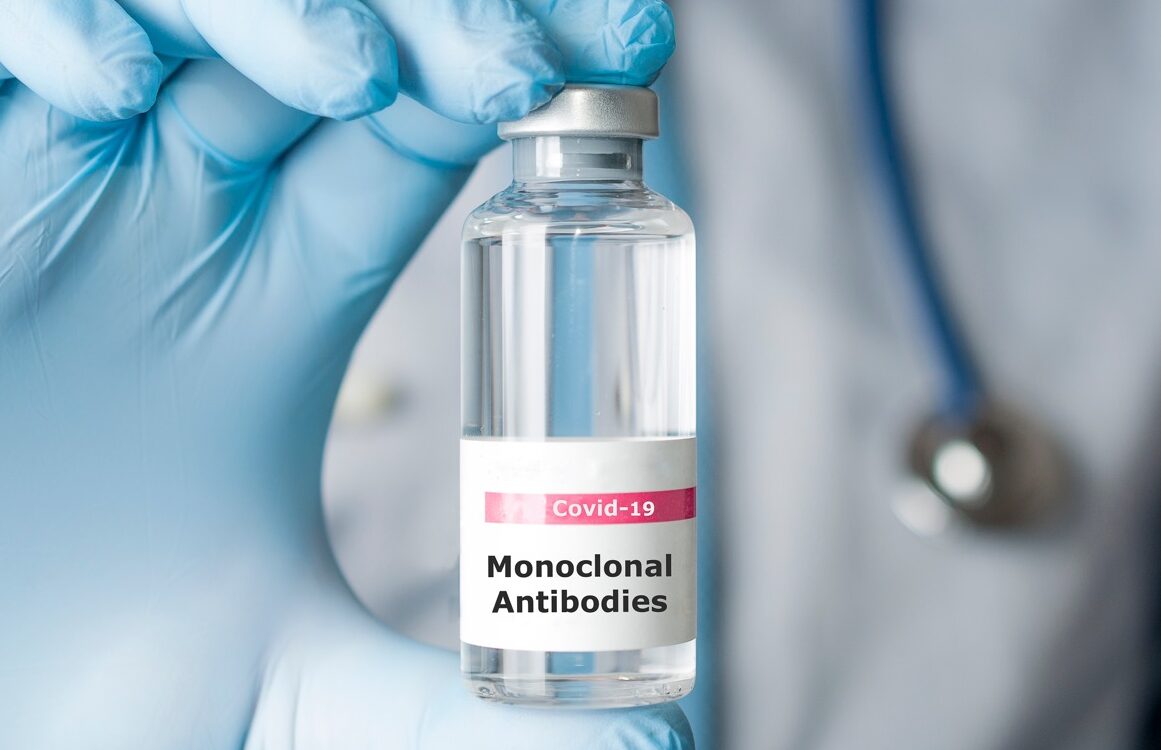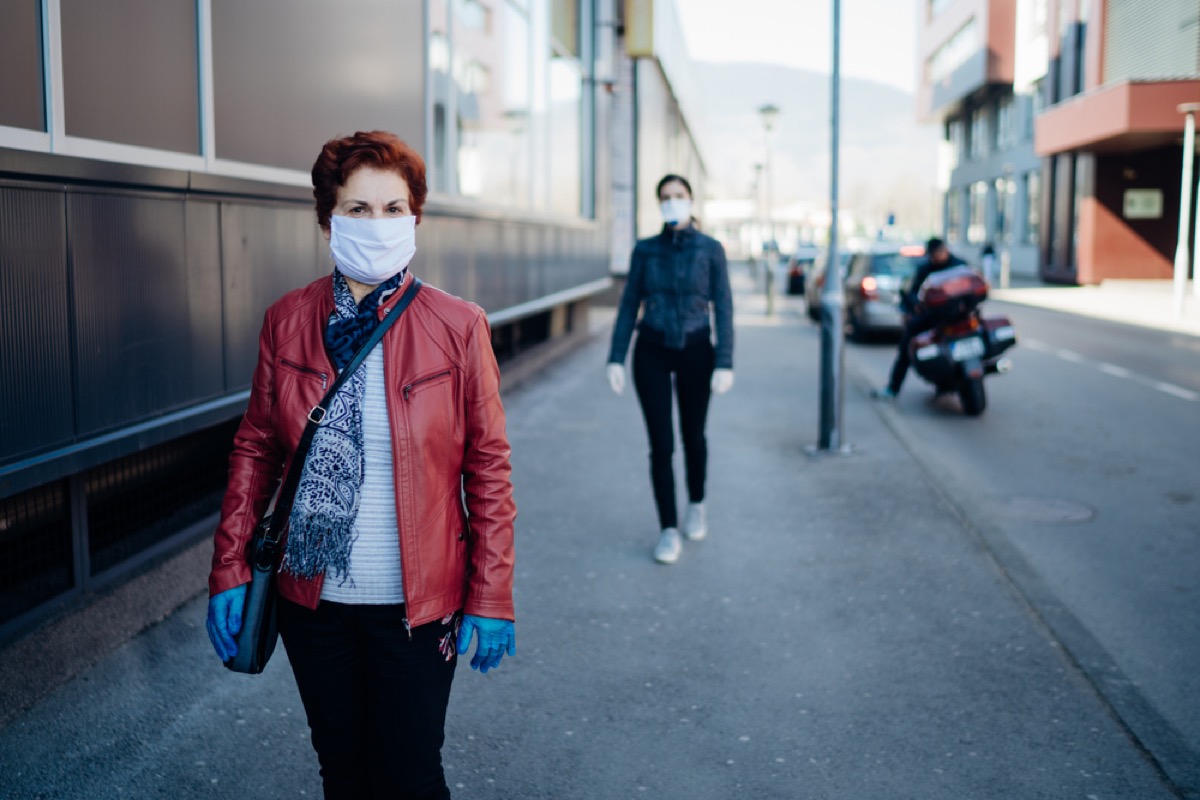The South Carolina Department of Health and Environmental Control (DHEC) announced in a statement on Jan. 28 that two independent cases of the South African strain of COVID were detected in the state. These cases have no connection to each other and no recent travel history. The two patients are from different areas of South Carolina—one was from the Lowcountry while the other was located in the Pee Dee region. And for more up-to-date COVID news delivered straight to your inbox, sign up for our daily newsletter. The South African strain has been detected in at least 30 countries, but these are the first known cases in the U.S. However, since the first confirmed American cases were not among people who traveled, it’s assumed “that the variant is spreading in the community following an undetected introduction,” according to the DHEC statement. Experts knew it was only a matter of time before the South African strain made its way to the States. On Jan. 15, Fauci told Newsweek, “I would be surprised if it were not already in the United States, but you never know until you find it, and then prove it’s here.” To see what the top infectious disease expert has warned against, check out Dr. Fauci Just Said We’ll Never Be Able to Do This Again. Much like the U.K. strain that’s been circulating in the U.S. for a month now, the South African strain of COVID is considerably more contagious. According to a December study out of South Africa, which has not yet been peer-reviewed, the 501Y.V2 variant is about 50 percent more transmissible than the current COVID strain in the States, as USA Today reports. And for more on the signs you could have the U.K. variant, know that If You Have These 4 Symptoms, You Might Have the New COVID Strain.ae0fcc31ae342fd3a1346ebb1f342fcb One of the reasons Fauci was so concerned about the South African variant is because of how it mutated the virus. In a December discussion with California Gov. Gavin Newsom, Fauci explained that antibody treatments and vaccines are targeted to work against a “very specific component of the virus,” called the spike protein. Because the South African strain has more mutations to the spike protein, where the virus enters the body’s cells and where vaccines and treatments are targeted, Fauci and other medical experts have been concerned that it would evade our medical advancements against COVID. “The South Africa variant is very concerning right now because it does appear that it may obviate some of our medical countermeasures, particularly the antibody drugs,” Scott Gottlieb, MD, a former FDA commissioner, told CNBC earlier this month. On Jan. 25, Moderna announced the antibodies from its vaccine saw a “six-fold reduction” with the South African strain, but “remain above levels that are expected to be protective.” Now, Moderna is already making changes to combat that drop—they’re developing a booster shot that could close the gap of protection, but it likely won’t be ready until next winter. To see what another expert thinks our future with COVID could look like, check out why The Moderna CEO Just Made This Scary Prediction About COVID. According to Fauci and other medical experts, the best thing you can do to stay safe from any new variants is follow the same safety precautions you’ve been following for the past year. When asked about the new U.K. strain on Today in December, Fauci said, “This just underscores the need to continue to put our foot to the floor and the pedal about making sure we do the public health measures that we talk about all the time—the wearing of masks, the physical distancing, the avoiding crowds and congregate settings. Those are the kind of things that will prevent this new strain from spreading even further.” In South Carolina’s statement regarding the South African strain, Brannon Traxler, MD, DHEC Interim Public Health Director, also said this mutation makes it even more critical to “continue to do our part by taking small actions that make a big difference. These include wearing our masks, staying at least six feet apart from others, avoiding large crowds, washing our hands, getting tested often, and when we can, getting vaccinated. These are the best tools for preventing the spread of the virus, no matter the strain.” And for more on what you can do to stay safe, find out why you should Stop Doing This Immediately to Avoid the New COVID Strain, Doctors Warn.




